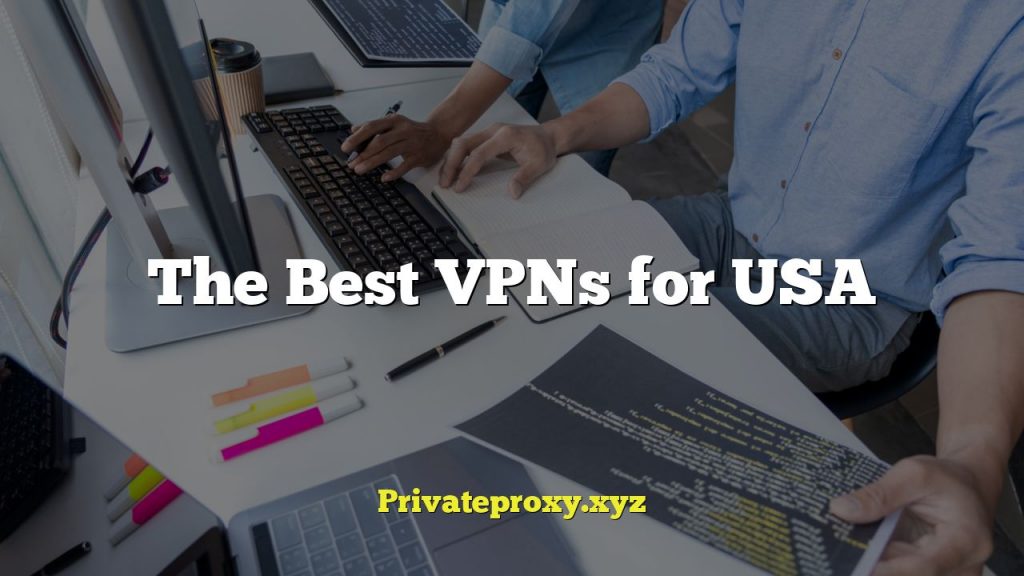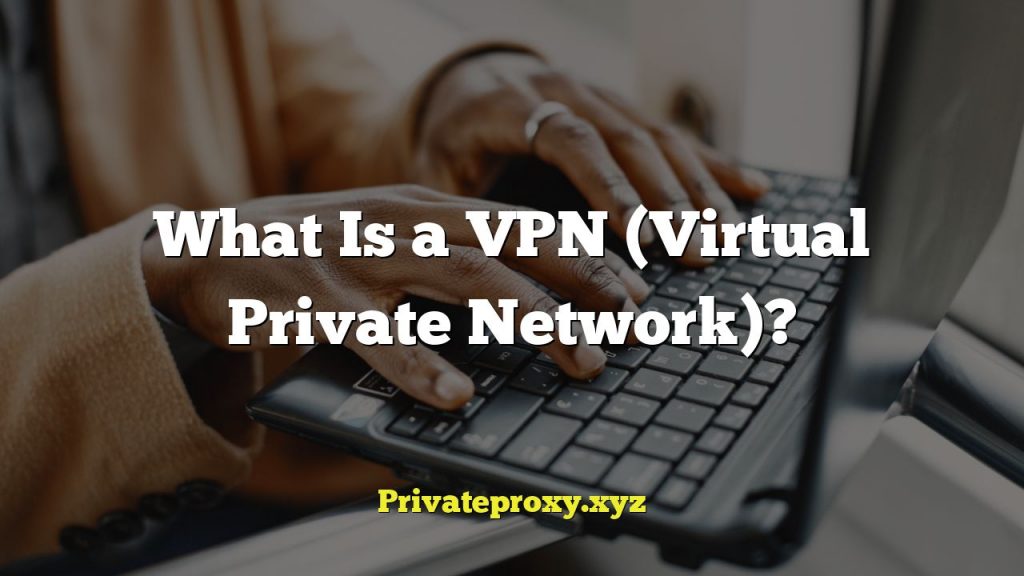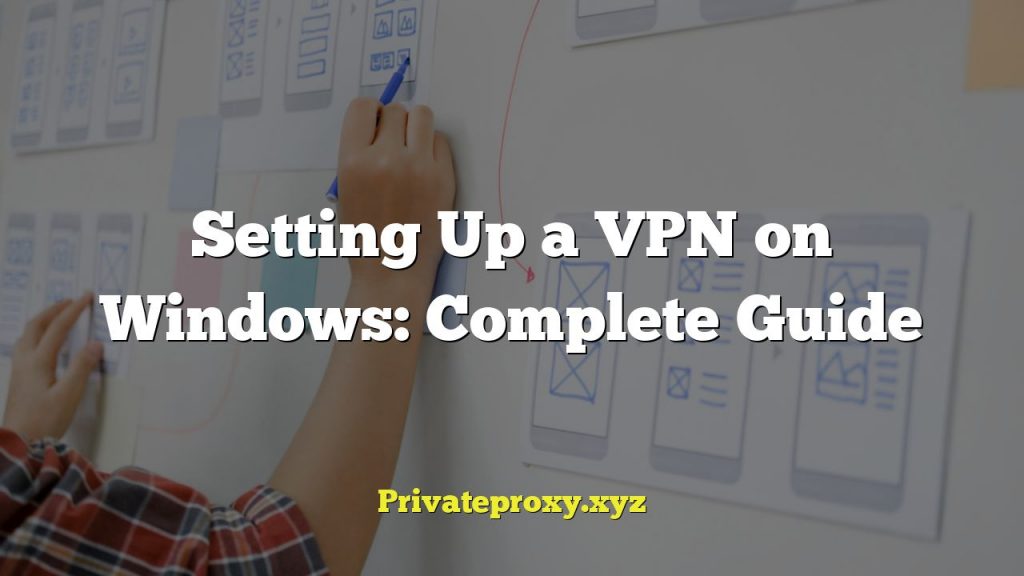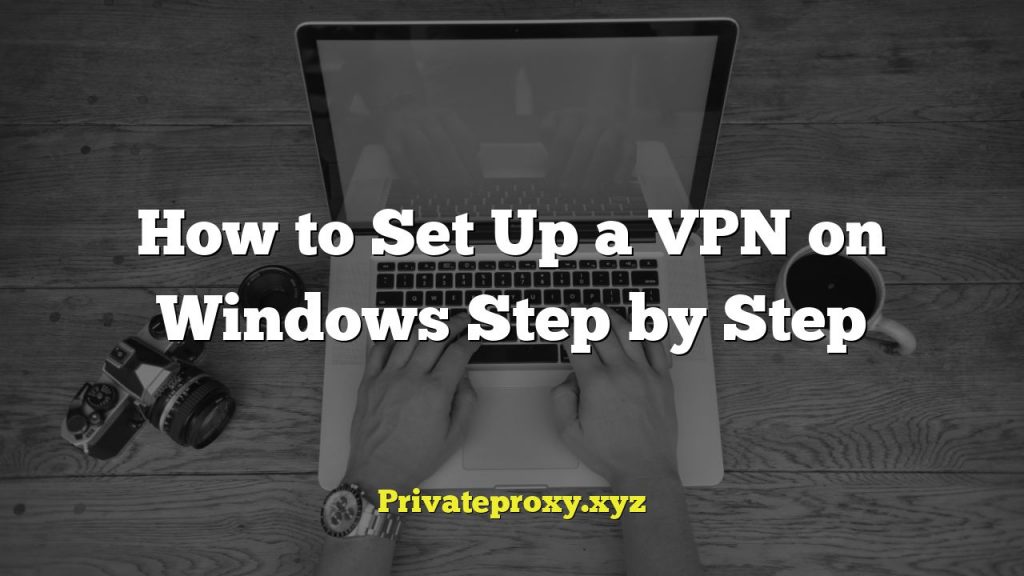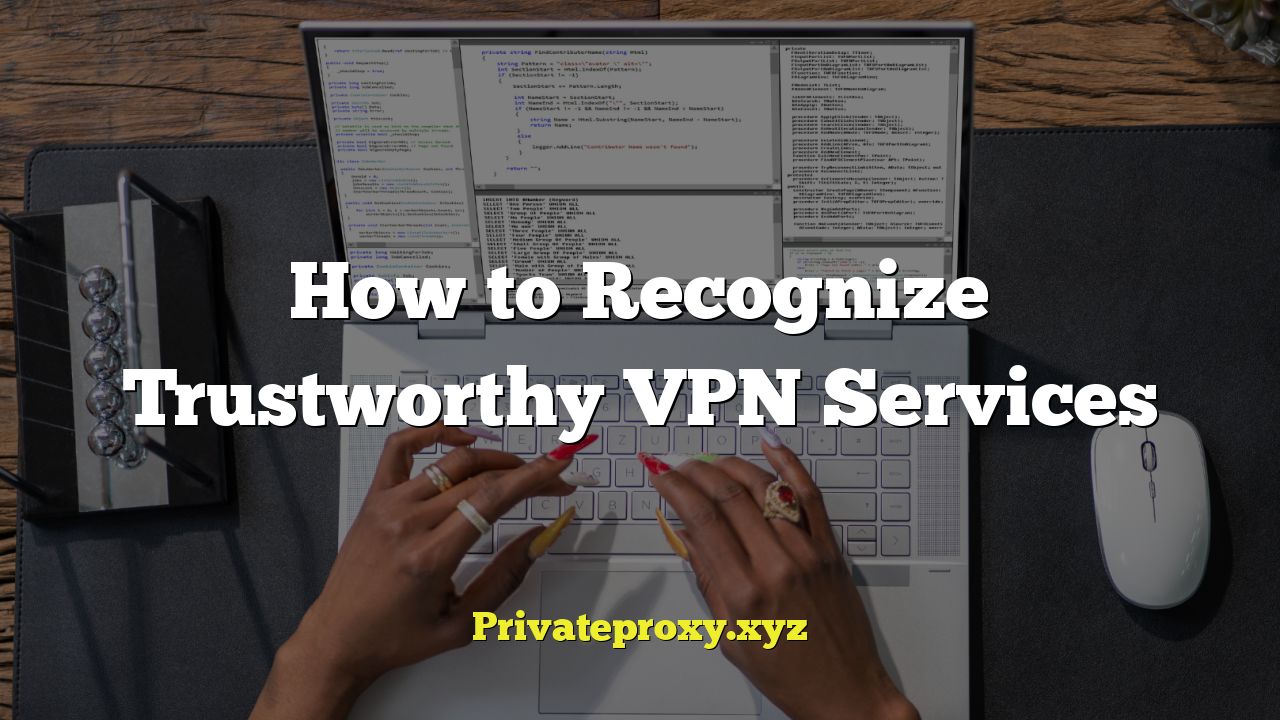
How to Recognize Trustworthy VPN Services
Protecting your online privacy is more important than ever. With increasing surveillance, data breaches, and geo-restrictions, Virtual Private Networks (VPNs) have become essential tools for securing your internet connection. However, not all VPNs are created equal. Choosing a trustworthy VPN service is crucial because you’re essentially entrusting them with your internet traffic. A rogue VPN can log your data, inject malware, or sell your information to third parties, negating the very privacy you sought. This article will guide you through the key factors to consider when selecting a VPN to ensure your online security and privacy.
Understanding the Basics of VPNs
Before diving into the criteria for trustworthiness, it’s important to understand the fundamentals of how VPNs work. A VPN creates an encrypted tunnel between your device and a VPN server. All your internet traffic is routed through this tunnel, masking your IP address and encrypting your data, making it harder for third parties to track your online activity or intercept your information.
Here’s a breakdown of the core functionalities:
- IP Address Masking: Your real IP address is hidden, replaced by the VPN server’s IP address, making it difficult to determine your location.
- Data Encryption: Data transmitted between your device and the VPN server is encrypted, preventing eavesdropping by hackers or your ISP.
- Geo-Spoofing: You can connect to servers in different locations, bypassing geo-restrictions and accessing content that might be unavailable in your region.
Key Criteria for Trustworthiness
Now, let’s explore the essential factors that indicate a VPN’s trustworthiness:
1. Logging Policy: The Most Critical Factor
The logging policy is arguably the most important aspect of a VPN service. It dictates what data the VPN collects and stores about your online activity. A truly trustworthy VPN should have a strict “no-logs” policy, meaning they don’t collect or store any information that could be used to identify you or track your online activities.
- Read the Privacy Policy Carefully: Don’t just skim it. Understand what data is collected, why it’s collected, and how long it’s stored.
- Look for Independent Audits: A reputable VPN will often undergo independent audits by third-party security firms to verify their no-logs policy. Look for publicly available audit reports.
- Be Wary of Vague Language: Avoid VPNs that use vague or ambiguous language in their privacy policies. Clear and specific wording is essential.
- Consider the Jurisdiction: The legal jurisdiction where the VPN is based can affect its data retention obligations. Some countries have mandatory data retention laws.
2. Jurisdiction: Where is the VPN Based?
The legal jurisdiction in which a VPN company is based significantly impacts its privacy practices. Some countries have strict data retention laws or are part of intelligence-sharing alliances (like the 5/9/14 Eyes), which could compel VPN providers to hand over user data.
- Avoid Countries with Data Retention Laws: Research the data retention laws of the country where the VPN is headquartered.
- Consider Privacy-Friendly Jurisdictions: Countries like Switzerland, Panama, and the British Virgin Islands are often considered privacy-friendly due to their strong data protection laws.
- Understand International Cooperation: Be aware of international agreements that might allow governments to access user data stored in other countries.
3. Encryption Protocols and Security Features
The encryption protocols and security features a VPN uses are crucial for protecting your data from interception. Strong encryption is essential for ensuring your online security.
- Strong Encryption Protocols: Look for VPNs that use robust encryption protocols like OpenVPN, IKEv2/IPsec, or WireGuard. These protocols are considered highly secure.
- AES-256 Encryption: This is the industry standard for encryption and is considered virtually unbreakable.
- Kill Switch: A kill switch automatically disconnects your internet connection if the VPN connection drops, preventing your data from being exposed.
- DNS Leak Protection: DNS leaks can reveal your real IP address, even when connected to a VPN. Ensure the VPN offers DNS leak protection.
- IPv6 Leak Protection: Similar to DNS leaks, IPv6 leaks can also expose your IP address.
- Perfect Forward Secrecy (PFS): PFS ensures that even if an encryption key is compromised, only data from that specific session is vulnerable, not past or future sessions.
4. Transparency and Accountability
A trustworthy VPN provider should be transparent about its operations, ownership, and security practices. Transparency builds trust and allows users to make informed decisions.
- Clear Ownership Information: The VPN’s website should clearly state the company’s ownership and contact information.
- Regular Transparency Reports: Some VPNs publish transparency reports detailing the number of data requests they’ve received from law enforcement and how they’ve responded.
- Open Communication: A responsive and helpful customer support team is a sign of a reputable VPN provider.
- Security Audits: Look for evidence of regular security audits conducted by independent third parties.
5. Performance and Speed
While security is paramount, performance is also an important consideration. A slow VPN can be frustrating to use and can significantly impact your browsing experience.
- Server Locations: A wide range of server locations ensures you can find a server close to your actual location, improving speed and reducing latency.
- Fast Connection Speeds: Look for VPNs that are known for their fast connection speeds. Read reviews and test the VPN’s speed yourself during the trial period.
- Unlimited Bandwidth: Ensure the VPN offers unlimited bandwidth to avoid restrictions on your data usage.
- Server Load: Check the server load before connecting. A server with a high load might result in slower speeds.
6. Payment Options
The payment options offered by a VPN can also be an indicator of its commitment to privacy.
- Anonymous Payment Methods: Look for VPNs that accept anonymous payment methods like cryptocurrencies (Bitcoin, Ethereum, etc.) to further protect your privacy.
- Avoid Overly Invasive Payment Processes: Be wary of VPNs that require excessive personal information during the payment process.
- Refund Policy: A clear and fair refund policy shows that the VPN provider stands behind its product.
7. Reputation and Reviews
Online reviews and reputation can provide valuable insights into a VPN’s trustworthiness and performance.
- Read Independent Reviews: Look for reviews from reputable tech websites and cybersecurity experts.
- Check User Reviews: Read user reviews on app stores, forums, and social media to get a sense of other users’ experiences.
- Be Skeptical of Sponsored Reviews: Be aware that some reviews might be biased or sponsored. Look for reviews that seem objective and balanced.
- Consider the VPN’s History: Research the VPN’s history and look for any past security breaches or privacy controversies.
8. Additional Features
While not essential, some additional features can enhance your VPN experience and provide added security.
- Multi-Hop (Double VPN): This feature routes your traffic through two VPN servers instead of one, adding an extra layer of encryption.
- Obfuscation: This feature disguises your VPN traffic, making it harder for your ISP or other third parties to detect that you’re using a VPN.
- Dedicated IP Address: A dedicated IP address is unique to you and can help prevent you from being blacklisted by websites.
- Split Tunneling: This feature allows you to choose which traffic is routed through the VPN and which traffic uses your regular internet connection.
Red Flags to Watch Out For
Recognizing potential red flags is just as important as identifying trustworthy characteristics. Here are some warning signs to be aware of:
- Free VPNs with Limited Bandwidth: Free VPNs often monetize user data or bombard users with ads. They may also have limited bandwidth and slow speeds.
- Excessive Permissions: Be cautious of VPN apps that request excessive permissions on your device.
- Aggressive Marketing Tactics: Be wary of VPNs that use aggressive or misleading marketing tactics.
- Lack of Transparency: A VPN that is unwilling to provide information about its ownership, security practices, or logging policy should be avoided.
- History of Data Breaches: Research the VPN’s history and look for any past data breaches or security incidents.
Putting it all Together: Choosing the Right VPN
Choosing a trustworthy VPN requires careful research and consideration. No single VPN is perfect for everyone, so it’s important to prioritize your individual needs and preferences. Here’s a step-by-step approach:
- Identify Your Needs: Determine what you want to use the VPN for (e.g., privacy, security, bypassing geo-restrictions).
- Research and Compare: Research different VPN providers and compare their features, logging policies, jurisdictions, and performance.
- Read Reviews: Read independent reviews and user reviews to get a sense of each VPN’s reputation.
- Check the Privacy Policy: Carefully read the privacy policies of your shortlisted VPNs.
- Test the VPN: Take advantage of free trials or money-back guarantees to test the VPN’s performance and features.
- Consider Long-Term Plans: Once you’ve found a VPN that meets your needs, consider purchasing a long-term plan for better value.
By following these guidelines, you can make an informed decision and choose a VPN service that protects your online privacy and security. Remember to stay vigilant and regularly review your VPN’s settings and privacy policy to ensure it continues to meet your needs.
